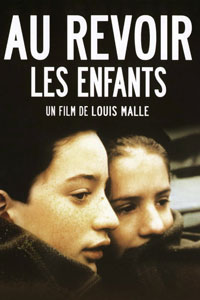“The scene of 12,000 Jews packed into the closed stadium was a horrifying, hellish sight. A sight that seizes you by the throat and makes you unable to scream […] The emotional state is indescribable: people crying hysterically ‘let us go,’ suicide attempts, people approaching us, begging, ‘Kill us, don’t leave us here…’ Not a single German in sight – the cowards left the dirty work to the French! […] When we came out – social workers and nurses – the official in charge told us, ‘Outside, whatever happens, you are forbidden from saying a word about what you have seen here.’”
From: Asher Cohen, The History of the Holocaust – France, Yad Vashem, Jerusalem 5756, p. 297 (Hebrew).
This testimony describes the terrible suffering of the Jews imprisoned in the Winter Velodrome in Paris in July 1942. The testimony was published at the time, and tens of thousands of copies were distributed. It reflects the complexity of the persecution and annihilation of the Jews in France.
A variety of factors influenced the Germans’ plan to annihilate all the Jews of France, determining their fate over the four years of German occupation in the country. These factors include the clear distinction between veteran, well-established French-born Jews and foreign Jews who had immigrated to the country between the two world wars; the issue of the collaboration between the French Vichy regime and German interests with regards to the Final Solution of the Jews in France; French public opinion; the help provided to Jews by non-Jewish French citizens during these years; and the extensive underground rescue actions in which French and Jewish individuals were involved. All these make the story of the French Jews during the Second World War a unique chapter in the history of the Holocaust of European Jewry.
This issue of "Teaching the Legacy" - The e-newsletter for Holocaust Educators addresses this subject from several perspectives: A historical review of the Holocaust of the French Jews, and an article about the Jewish resistance, present the highly complex nature of the persecution of the Jews in France during the war; an interview with members of the Alumim association describes the important work of this survivors organization; and another interview with Dora Weinberger, a survivor from France, depicts a personal side of life in occupied France.

The Holocaust of the French Jews – A Historical Review

The Jewish Resistance Movement in France

Interview with Dora Weinberger and Shlomo Balsam, members of Alumim

Interview with Holocaust survivor Dora Weinberger

Canada and the Holocaust: Survivor Memoirs for Students of All Ages
"No Jews” - Richelle Budd Caplan

New Book with Chapter Contribution from Yad Vashem Published


